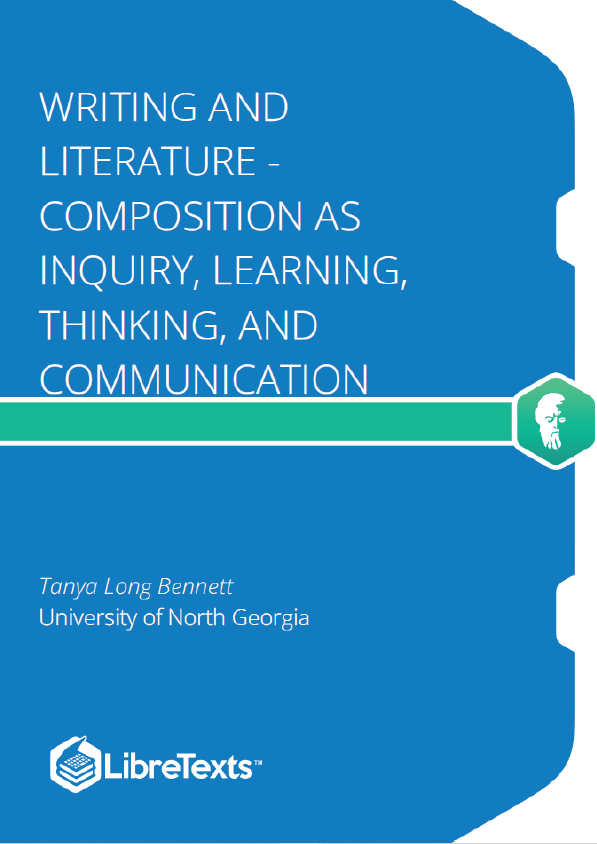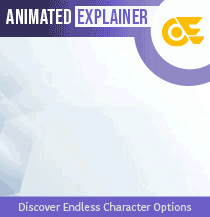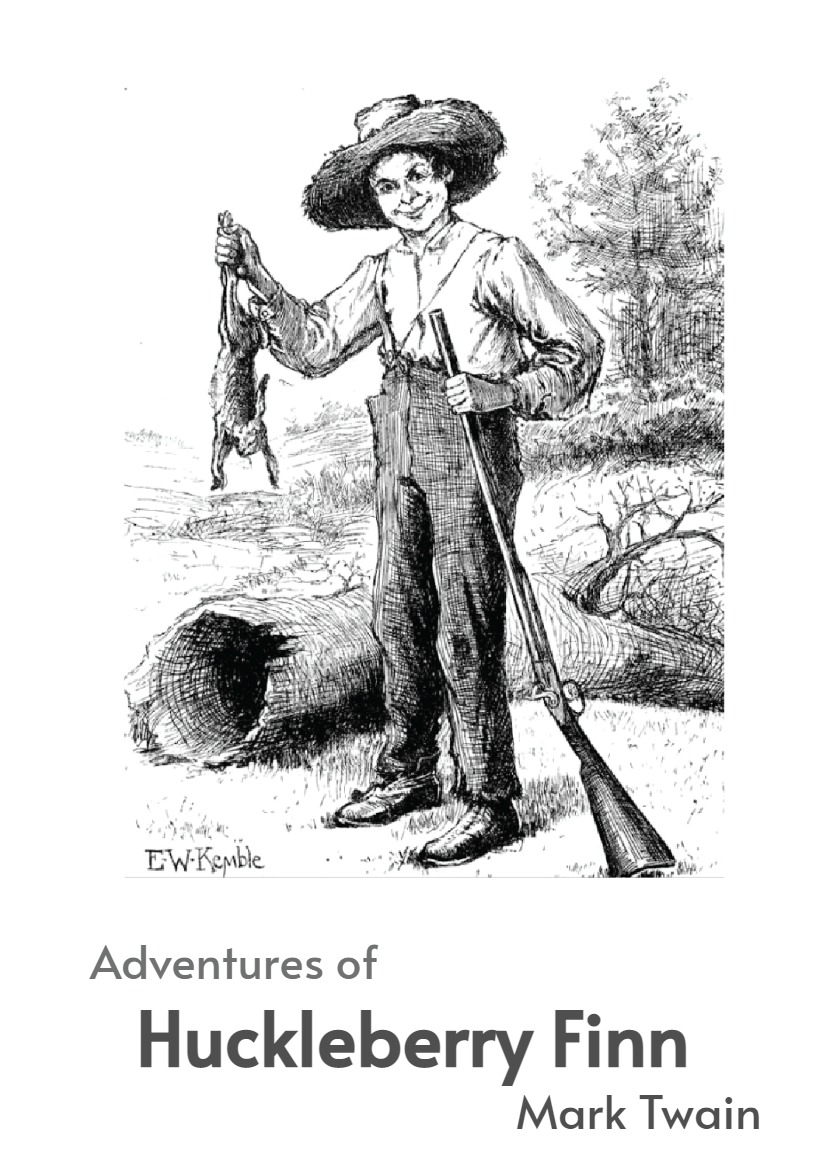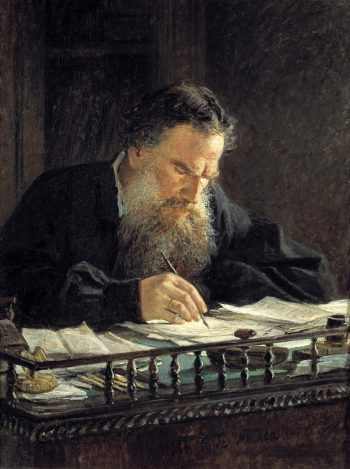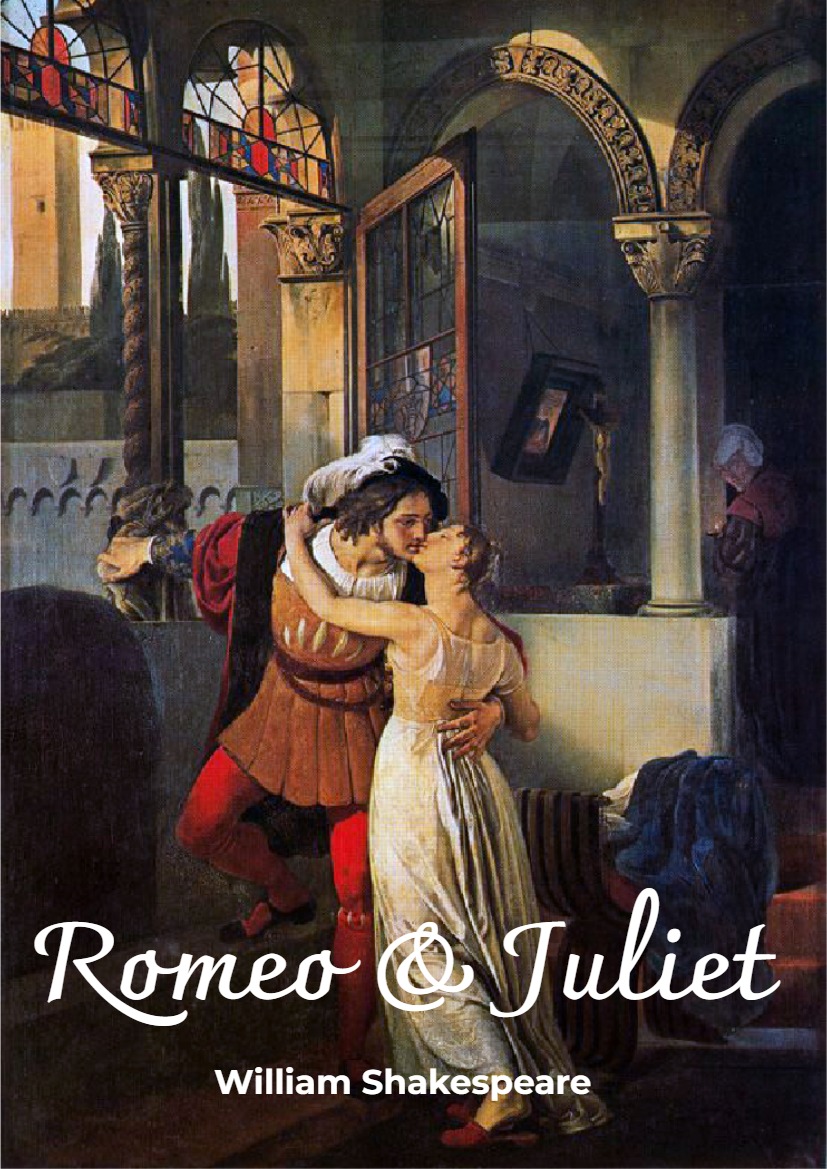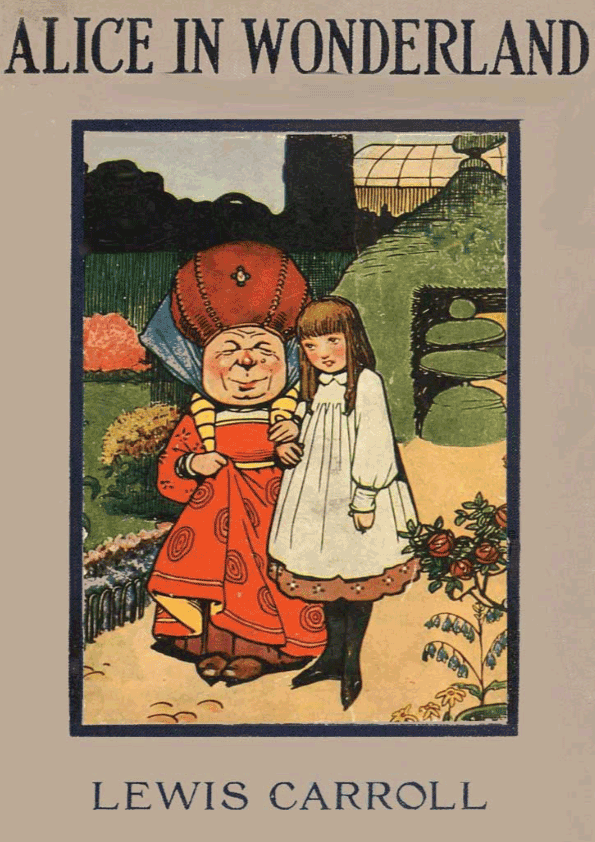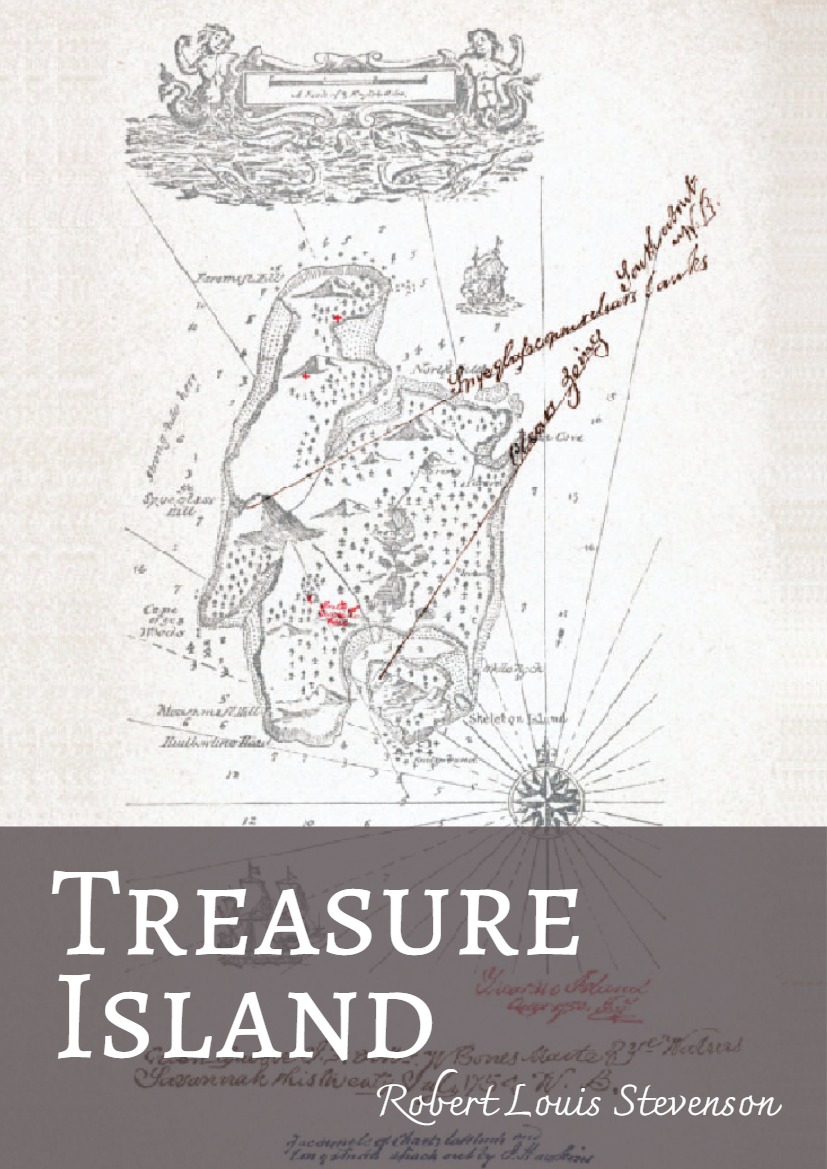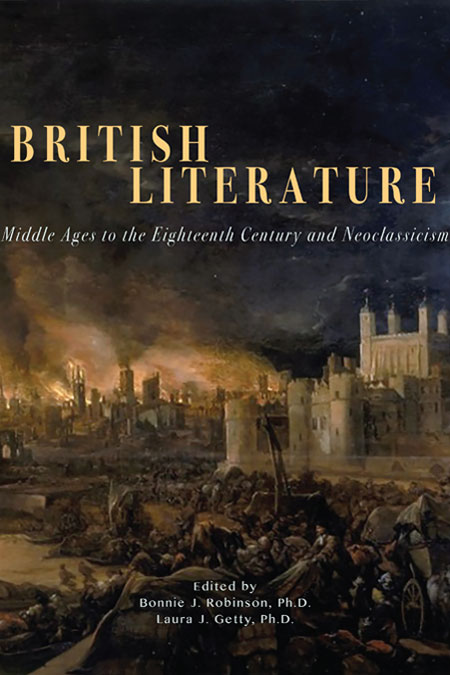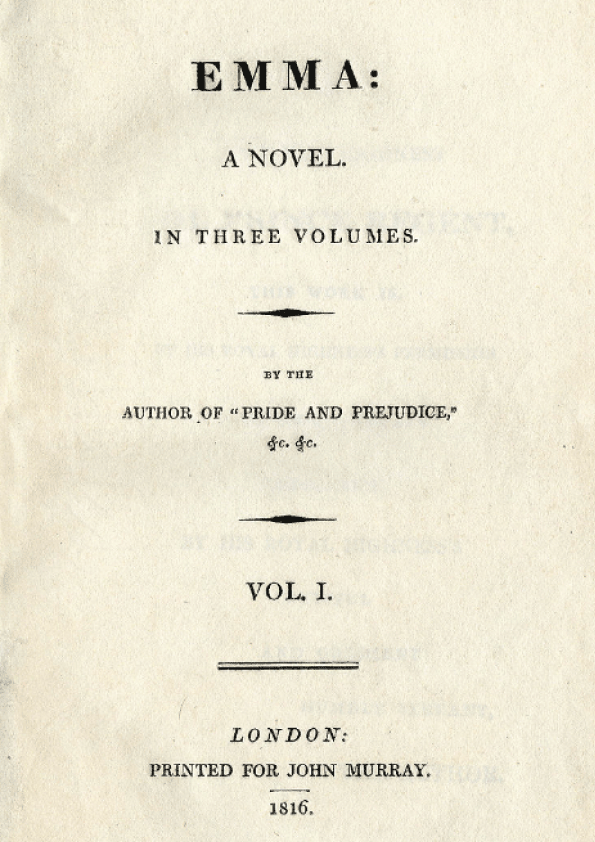In the age of Buzzfeeds, hashtags, and Tweets, students are increasingly favoring conversational writing and regarding academic writing as less pertinent in their personal lives, education, and future careers. Writing and Literature: Composition as Inquiry, Learning, Thinking and Communication connects students with works and exercises and promotes student learning that is kairotic and constructive. Dr. Tanya Long Bennett, professor of English at the University of North Georgia, poses questions that encourage active rather than passive learning. Furthering ideas presented in Contribute a Verse: A Guide to First-Year Composition as a complimentary companion, Writing and Literature builds a new conversation covering various genres of literature and writing. Students learn the various writing styles appropriate for analyzing, addressing, and critiquing these genres including poetry, novels, dramas, and research writing. The text and its pairing of helpful visual aids throughout emphasizes the importance of critical reading and analysis in producing a successful composition. Writing and Literature is a refreshing textbook that links learning, literature, and life.
The odds are high that even though you are using this textbook for a first year English composition class, you are not an English major. Probably, you are required to take this course as part of your first year of college coursework to sharpen your writing, research, argument, and thinking skills so that in future classes, and later in your life, these proficiencies will serve you well in accomplishing important tasks. A study of rhetoric, the art of persuasion, can help you refine your ability to influence others, through both writing and speaking. With these goals in mind, it may seem odd that this first year composition book is filled with poetry, short stories, and plays, and even includes discussion of literary devices, like rhyme and rhythm, metaphor, and point of view! Yet, many English instructors do, indeed, choose to teach at least one semester of first year composition in the context of literary studies.
Why do they do this? Do they enjoy watching you squirm as you struggle to find the meaning in a line of Shakespeare’s poetry? Probably not. There are a couple of other important reasons that are much more pivotal to the content choice of your instructor— let’s call him Dr. Lopez—than his desire to bedevil you.
The reading assigned in college courses can be quite challenging. Authors often pursue their goals in complex and sophisticated ways, employing vocabulary, metaphors, and allusions that are unfamiliar to many readers. Authors of literature are no exception to these practices. Yet, avid fans of poetry, fiction, and drama often claim that the world is broadened incredibly by literature, if only one can determine how to navigate it.
